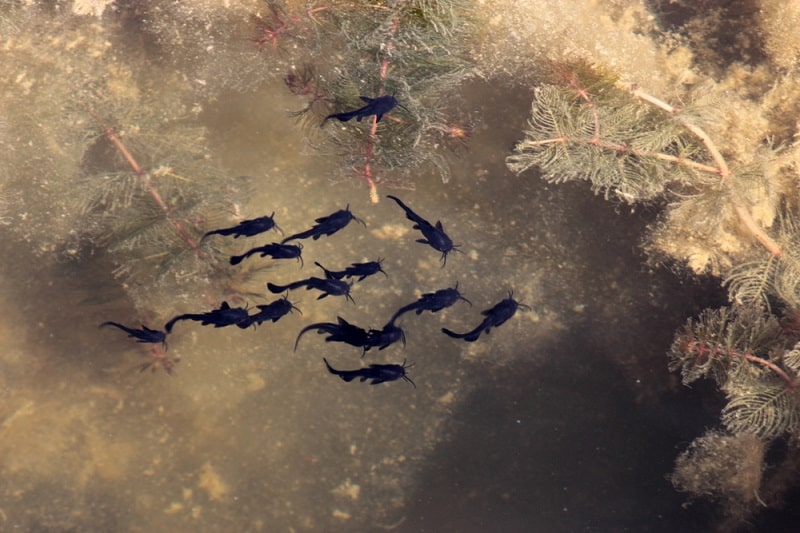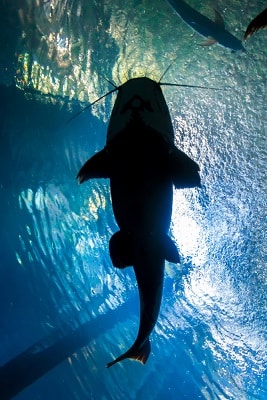
Baby Catfish
Baby catfish are often found when a person goes catfishing using a net, or when an aquarist wakes up to discover that catfish eggs have finally hatched. These beautiful little creatures are adorable, and they require a certain amount of care when compared to their adult counterparts. Those that are interested in raising baby catfish or are just curious about them can continue reading to learn the basics about these adorable fish.
Spawning
Spawning is what it is called when the female catfish lays her eggs. Typically, she will find a suitable nest before it is time to spawn. Then, she will lay her eggs. This brief process is called spawning.
Birth and Immediately After
After approximately ten days, the eggs will hatch and baby catfish, which are called Fry, will be born. The father catfish will continue to protect these babies until they are about a week old.
Size
Baby catfish will fit in the palm of your hand after they are born. Their size of only an inch or so makes them more adorable than they already are! After 1 ½ to 2 years, these fish will finally be about a pound in weight. Keep in mind that this estimate is for general baby catfish, such as Channel cats or others that are typically raised in farms. Smaller species of catfish, such as the Corydoras Catfish, will not grow to the same size as others. Remember the specifics for the species when estimating how fast, and how large, they will grow.
Food
When in captivity, most aquarists give their babies a liquid that is specially formulated for baby fish. After a few weeks, they are ready to eat fresh brine shrimp and other softer foods. As they grow older, they will be able to consume a large variety of foods, and eventually, move on to catfish pellets. It is not recommended to give baby catfish pellets until they are at least a year old. Until then, flake catfish food should be given to juvenile fish.
Catfish in the wild do not have access to specially formulated foods or liquid for baby fish. Instead, they typically find themselves eating small invertebrate and insect larvae. These are softer and easier for them to digest. As juvenile catfish grow older and larger, their diet will naturally change, and they will begin to eat other things.
Reproduction Age
Those that are interested in catfish farming are often eager to know when their baby catfish will be sexually mature. Unfortunately, it will not be very soon. Most species are not considered mature until they are three years old. Some catfish are known to reproduce as early as two years old, which is often the soonest. Other species, such as Channel Catfish, might not reproduce until they are at least five years old. It is important for catfish farmers to keep this in mind before beginning their new hobby.
Catfish are an interesting species. Most people enjoy being able to breed their own catfish, have beautiful tropical fish for free, or the extra money that breeding catfish can bring to the household. Keep these things in mind when you have some baby cats in your care.
Related Video:

PS….They can sting you. Found that out today. Won’t try to grab any ever again!